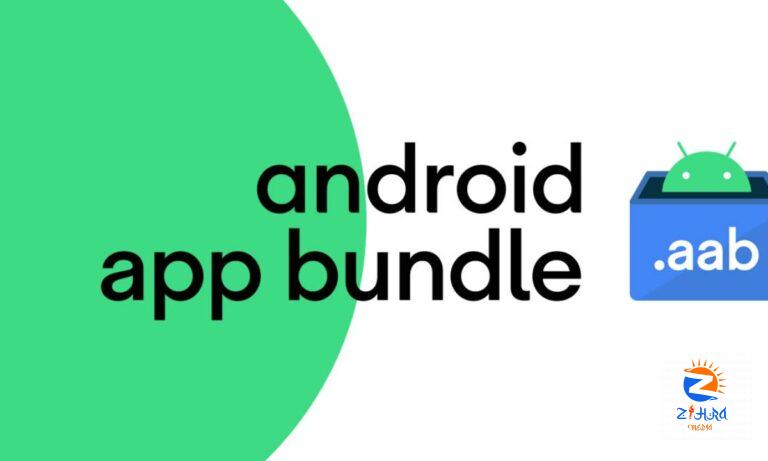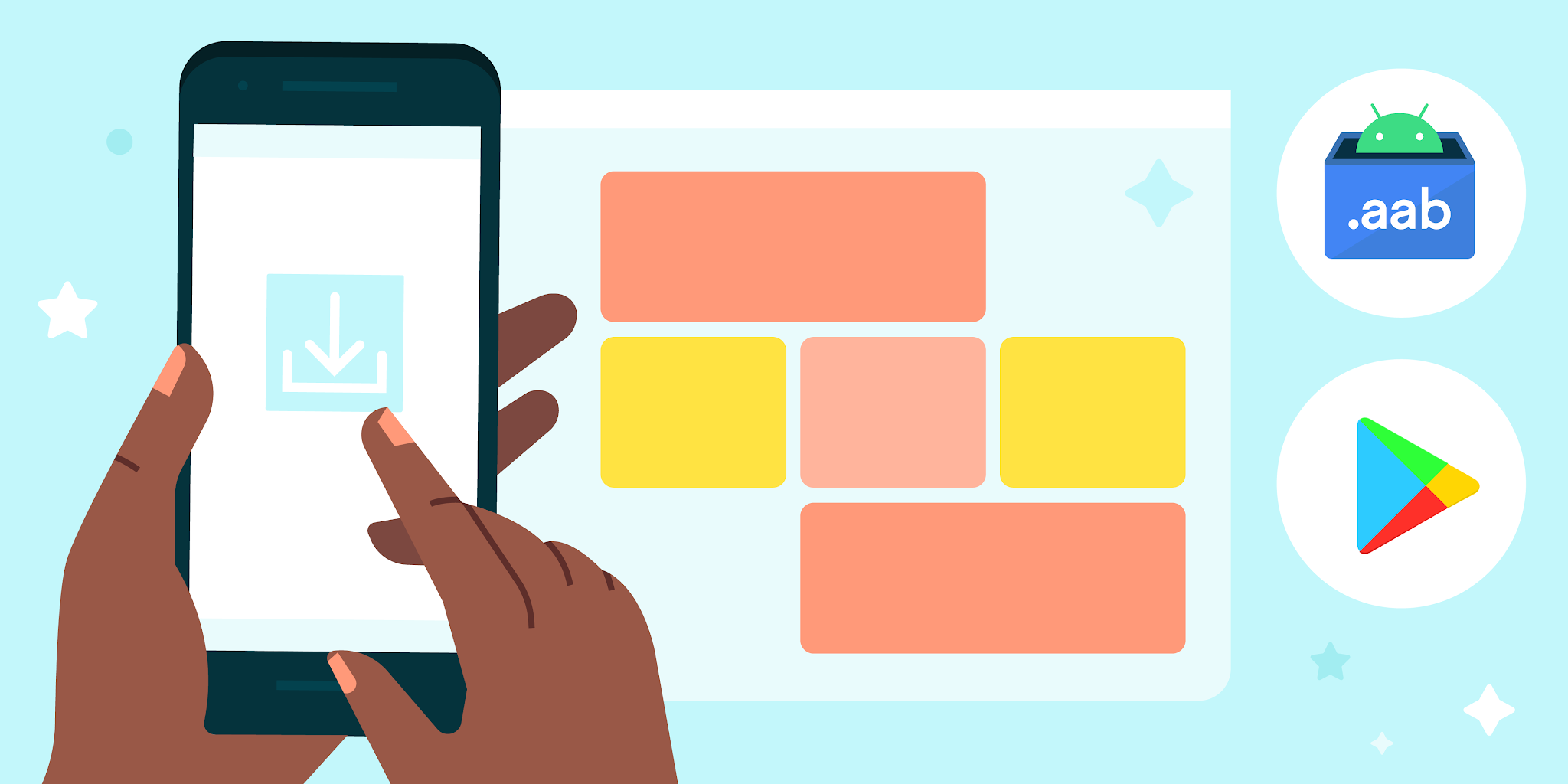
[ad_1]
Since the operating system’s inception, Google’s Android applications have always been launched in the Android Package (APK) format. In 2018 though, Google introduced the Android App Bundles (ABB) format. Compared to APKs, AABs lead to smaller file sizes and easier control of various aspects of a certain application. And starting August 2021, the AAB format will officially replace Android APKs. But what does that mean for you?
AABs are already in effect
Many applications on the Google Play Store already use the AAB format. However, after this deadline, it will be mandatory for all new applications submitted to the Google Play Store to be in the AAB format. Although, applications that are currently APKs can stay that way.

While efficient updates to applications among other things are promising advantages for consumers, AABs can pose some challenges. If a developer would like their application to appear on the Amazon App Store or Huawei’s App Gallery, they will need to manually export APK versions. This step does not take much effort but gives developers the power to make their application appear only on certain distribution channels. Moreover, this means end users would need to export AABs as APKs on their own.
Power to Google
To go from AAB to an APK format, developers will need to give Google their application signing key. A signing key is proof that a specific developer created an application. And while this might be unlikely, it would give Google the power to sign applications on behalf of a developer. Someone could even gain access to this key and sign applications for themselves, which could be a bigger issue.
Is this the end of side-loading?
The shift from APKs to AABs is a bold move by Google. And there is no way around it. But we think it will not change the process of side-loading Android applications by much. It may introduce an extra step, but we think moving from AAB to APK, and then subsequently installing an application on your Android phone should still stay possible. The only time we will find out for sure will be after August 2021.
[ad_2]
